Geneva free port to tighten up checks

Geneva’s free port says it is tightening up checks on wealthy individuals storing fine art and other riches at its huge warehouse facilities. This follows a critical 2014 federal report, which highlighted the possible risks of trade-free zones to Switzerland’s reputation.
Officials at Geneva’s free port announced on Wednesday that they had carried out a risk analysis and identified potential reputational risks posed by its operation. As a result, they are introducing new detailed systematic identity checks of new tenants and clients who use or work at the free port.
Access to the huge warehouse facilities will be tightened up via the use of biometric ID cards. Any existing clients who have problems with the law or trade in illegal goods will be kicked out, David Hiler, the new president of the free port, told reporters.
Geneva’s free port – a series of non-descript warehouses in southwest Geneva – is home to billions of Swiss francs’ worth of fine art and other riches, including the world’s biggest wine cellar. According to the specialist art journal Connaissances des Arts, in 2013 the free port held around 1.2 million artworks.
“The art market has exploded and is not regulated globally. There is an increased risk of money laundering and tax fraud,” Hiler declared.
Despite the financial success of Switzerland’s ten free ports and 245 customs-free zones, a 2014 report by the Swiss Federal Audit OfficeExternal link warned they could be used improperly for fiscal optimisation or to circumvent laws on “cultural goods, war materials, medicines or the trade in raw diamonds”. In March 2015, the Swiss cabinet laid out a new free port strategy and asked the finance ministry to draw up a new law, which should be published in December.
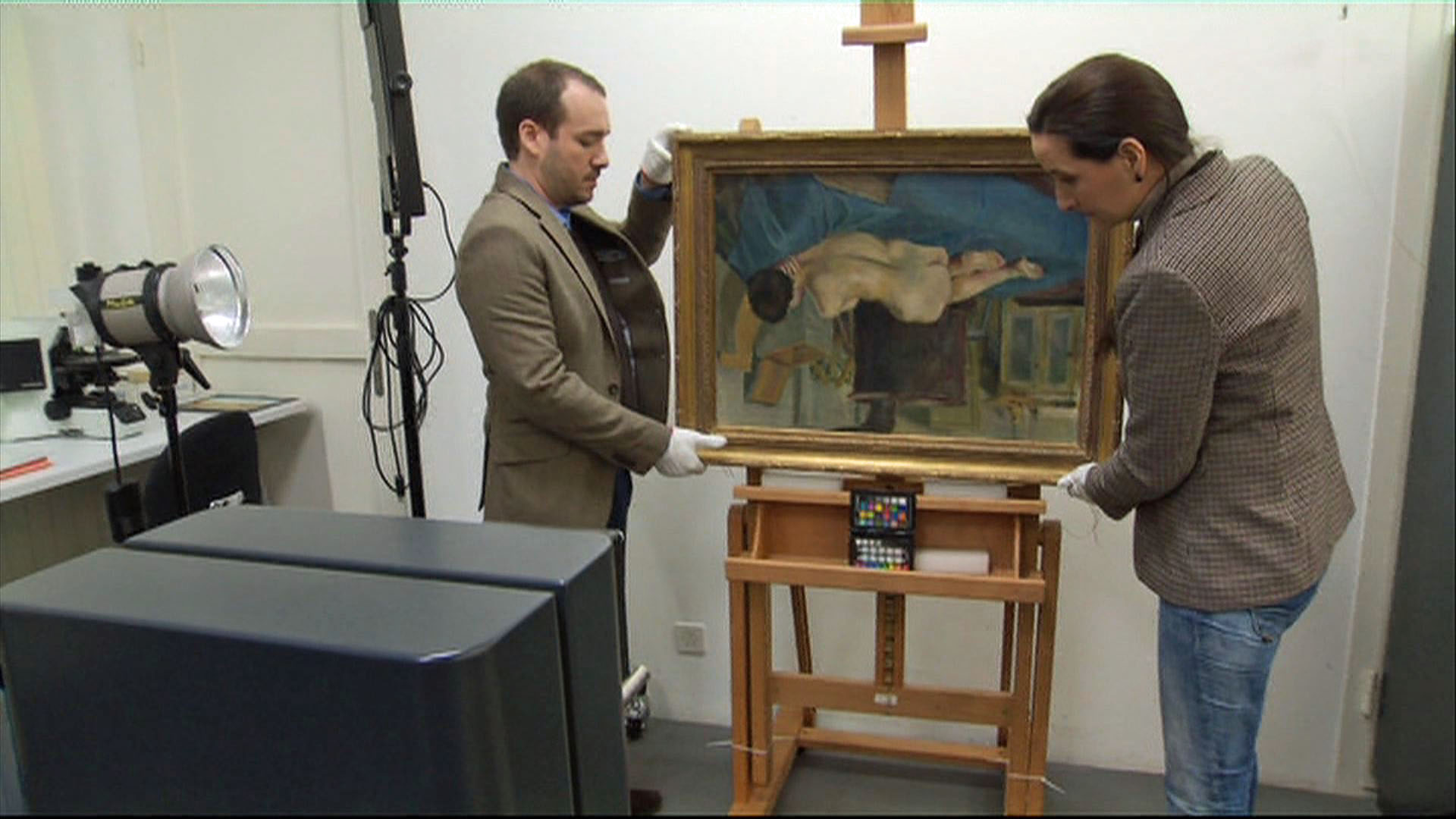
More
Storing priceless works of art
Hiler told reporters that the number of federal customs officials working at the free port was insufficient. But Finance Minister Eveline Widmer-Schlumpf recently said it would be difficult to increase resources in the present cost-cutting climate in Bern.
Hiler said the trade in stolen antiques posed considerable risks in terms of money-laundering and potential support for arms traffickers and terrorist groups.
“These risks are so serious that we are ready to finance systematic checks by experts,” he added. “We are not afraid of increased international regulation if it applies to all free ports globally. If we take too much time to adapt, we risk being subject to even stiffer constraints.”
The “free” aspect of free ports refers to the suspension of customs duties and taxes. Goods may be kept there for an unlimited period of time and at minimal expense. A painting can be flown in to Geneva and kept at the warehouse for years without having to pay a levy. While goods are stored at free ports, owners pay no import taxes or duties until such time as the goods reach their final destination. If the work is sold at the free port, the owner pays no transaction tax either.
Majority-owned by the Geneva state, its huge warehouses offer floor space equivalent to 22 football pitches, most of which is already rented out. Located close to the city centre, the free port adds CHF10-12 million a year to the state coffers.

In compliance with the JTI standards
More: SWI swissinfo.ch certified by the Journalism Trust Initiative








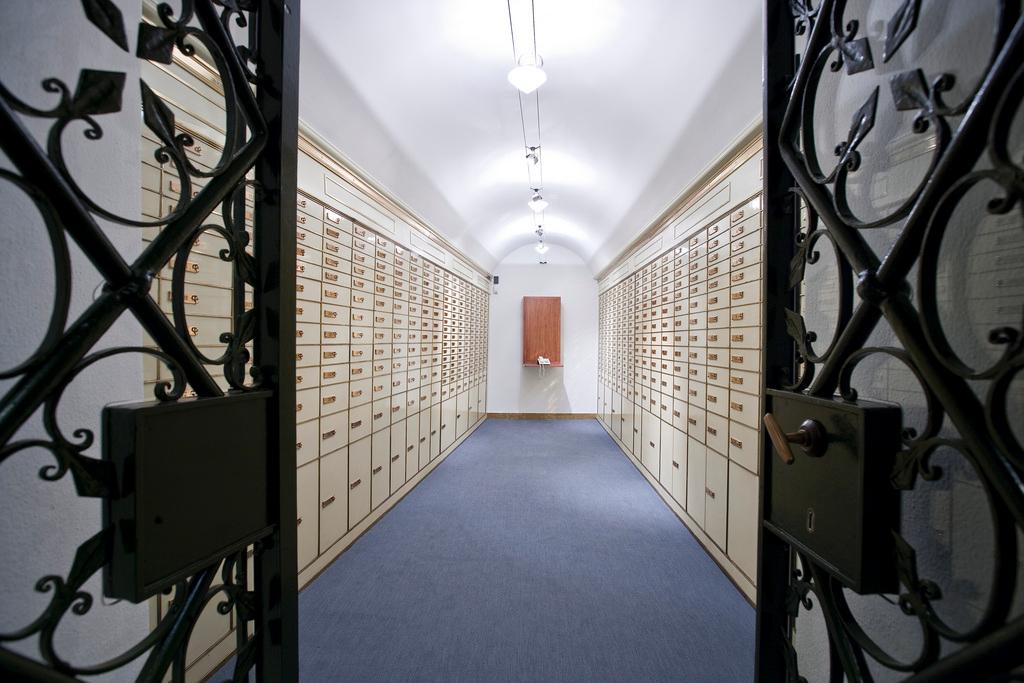
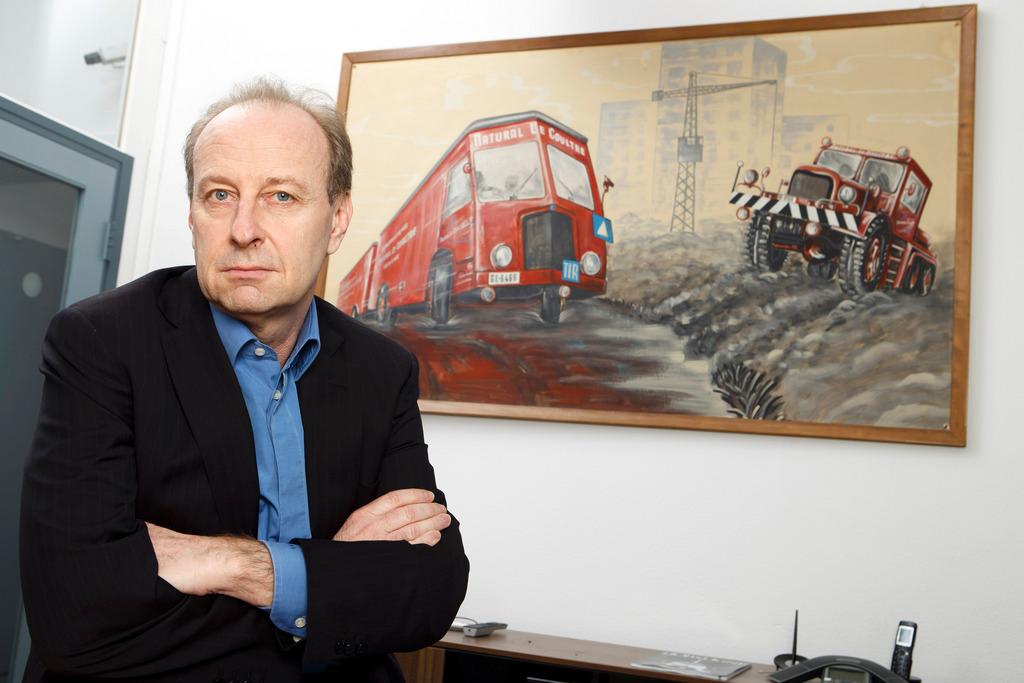
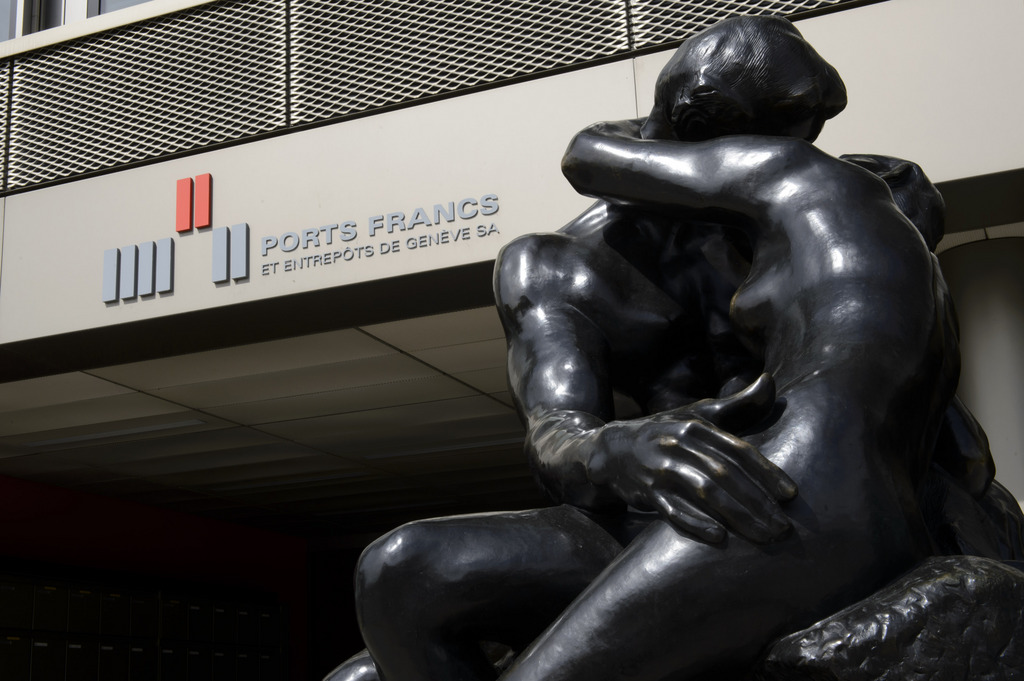
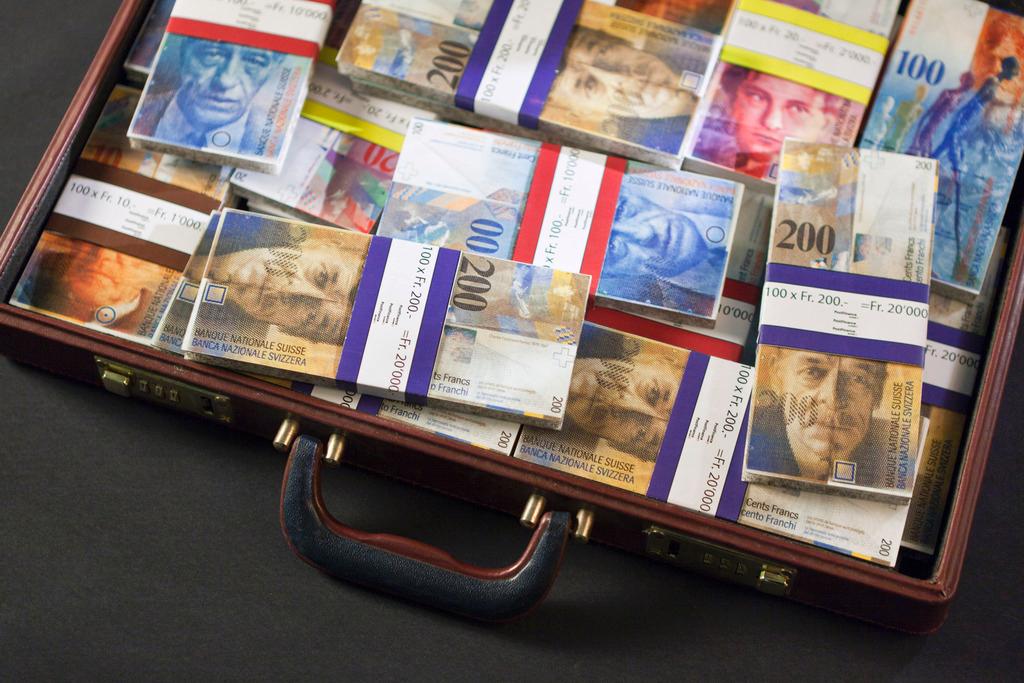
You can find an overview of ongoing debates with our journalists here . Please join us!
If you want to start a conversation about a topic raised in this article or want to report factual errors, email us at english@swissinfo.ch.